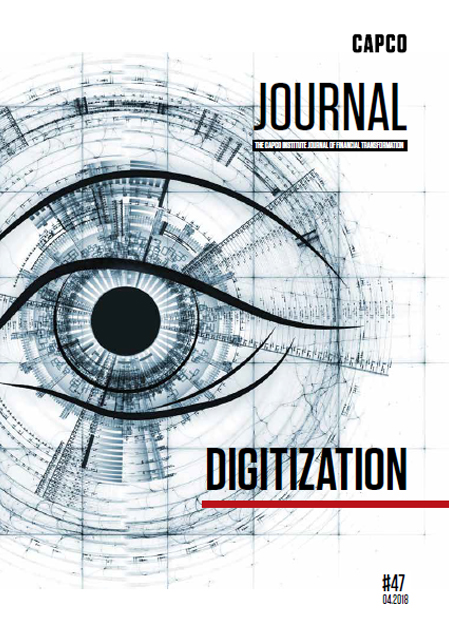This article examines the next evolution in government-backed digital identity programs that enable public and private sector transactions by individuals. Estonia is the first nation to offer e-residency to individuals who are not Estonian citizens and who are not legally resident, or even physically present, in Estonia. The Estonian program is the first government-authenticated and operated, international digital identity program that enables remote-access international commercial transactions that range from establishing and operating a company, trading in goods and services, opening and operating a bank account, to buying and selling securities. While Estonian e-residency is designed to expand the economic base of Estonia beyond its geographical boundaries, and in that regard, it is successful and inspiring, its impact is much more profound and far reaching. In establishing e-residency, whereby anyone, based anywhere in the world, can do business and banking in Estonia, and then potentially in the European Union (E.U.) and elsewhere, Estonia is changing traditional approaches to immigration, residency, and international business. In effectively opening a new virtual domain, Estonia is redefining what it means to be a nation and a citizen in the digital era, and is challenging the very nature and scope of international commerce and finance, and of regulation based on physical boundaries.
E-residency: The next evolution of digital identity
Published: 30 April 2018
